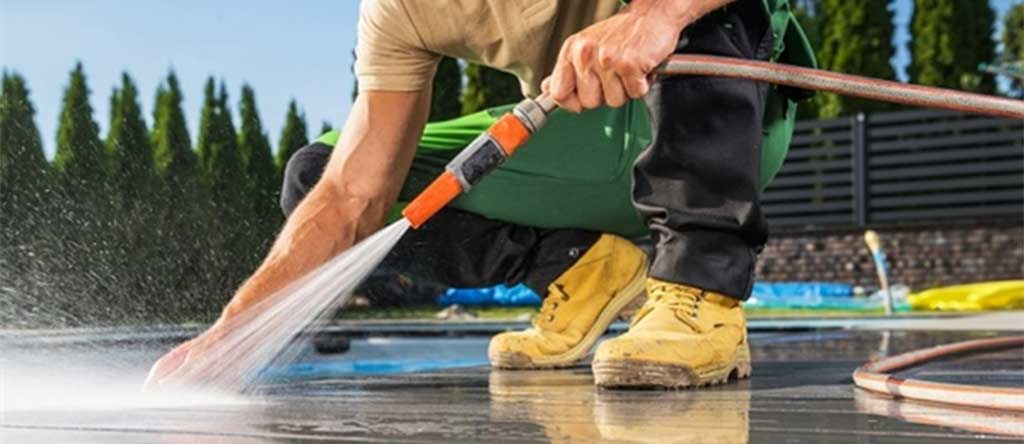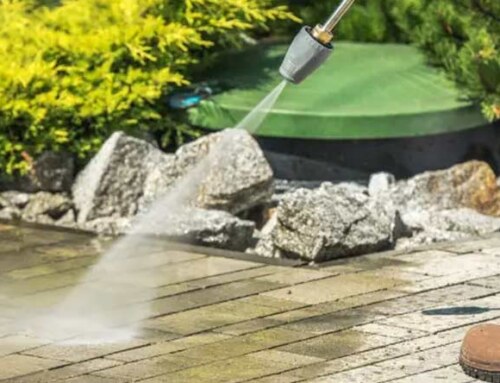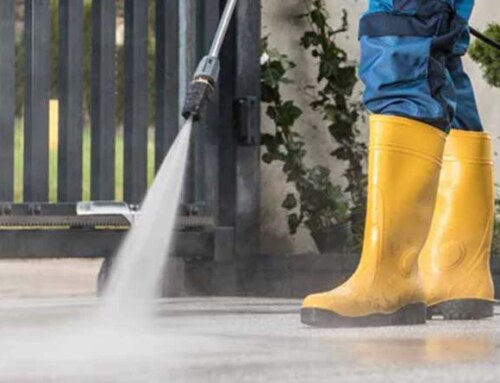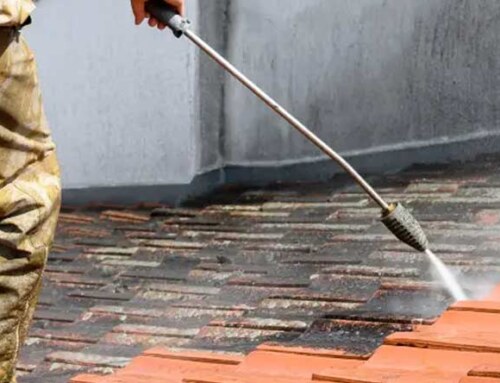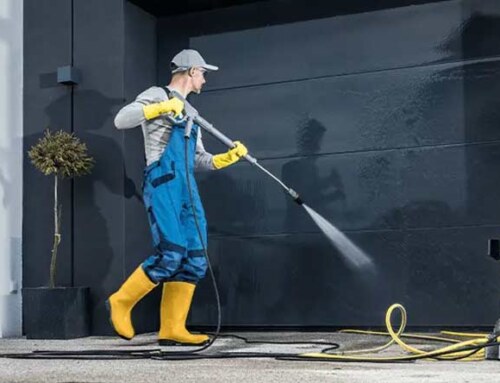Pressure washing is a very powerful cleaning solution that uses high-pressure water jets to clean up surfaces. This washes away any stains or dirt. However, oil stains themselves are notoriously hard to clean. Will a pressure washer remove oil, even on asphalt? The short answer is, yes. However, the success rate depends on various factors, so keep reading to know more.
Factors That Affect Success of Pressure Washer Removing Oil
When we use a pressure washer on an oil stain, the high-pressured water helps break down and lift the oil particles from the porous surface of the asphalt. That being said, while pressure washing can significantly reduce or even remove fresh oil spots, older and more persistent stains may require additional treatment or specialized cleaners to achieve the best results.
To understand how well pressure washing works, it’s essential to consider:
| Factor | Impact |
| Age of Stain | Older stains can be more challenging to remove. |
| Type of Oil | Motor oil, cooking oil, and other oils vary in removability. |
| Temperature | Warmer temperatures can help loosen the oil. |
| Pressure Level | Higher pressure often leads to better results but must be used cautiously to avoid damage. |
By knowing these factors, you can tailor our approach to maximize the chances of removing those annoying oil stains.
The good thing is that there are many pressure washing services that can solve this problem for you, who have the necessary experience dealing with all sorts of stains. With over 10 years of experience, Klein Pressure Washing is here to provide the best pressure washing services that can easily clean the most stubborn oil stain on asphalt.
How Can a Pressure Washer Remove Oil?
If you’ve decided that pressure washing is the way to go, you will still ask yourself: how can a pressure washer remove oil? Pressure washing is not just about blasting water at high speed; it requires a systematic approach and the right equipment.
Step 1: Preparation
Before we start, it’s crucial to prepare the area:
- Clear the Area: Remove any obstacles, furniture, and vehicles from the driveway.
- Sweep the Surface: Sweep away dirt, leaves, and debris to ensure better effectiveness.
- Protect Nearby Plants: Cover shrubs or flowers that might be affected by the water or cleaning agents.
Step 2: Choose the Right Detergent
While water alone might be enough for light stains, tougher stains may require a good degreaser or specialized cleaning detergent designed for oil removal. Make sure to read the manufacturer’s instructions for proper use.
Step 3: Equipment Check
Ensure that our pressure washer is in good shape. Check the hoses, nozzles, and attachments. Select a nozzle with a high-pressure setting, typically a 15-degree or 25-degree nozzle is best for this job.
Step 4: Pre-Treat Stains
Apply a generous amount of detergent or degreaser to the oil-stained areas. Let it sit for about 15 to 30 minutes before washing. This will allow the cleaning agent to break down the oil effectively.
Step 5: Start Pressure Washing
- Set Up the Pressure Washer: Attach the garden hose to the pressure washer and connect it to a water source.
- Select the Right Pressure: Adjust the settings to a medium-high pressure (between 1500-3000 PSI).
- Spray Method: Hold the washer’s wand at a 45-degree angle and start from the farthest point, moving gradually towards your exit point. Keep the nozzle at a consistent distance from the surface to avoid streaks or damage.
Step 6: Rinse and Inspect
After washing, rinse the area thoroughly to remove any residual detergent. Inspect the driveway to check if the oil stain has been completely removed. For stubborn stains, you may need to repeat the process or use additional treatments.
Best Practices for Cleaning Asphalt
Consequently, effectively using a pressure washer involves more than just the machine itself. Good practices can make a big difference in your results. Frequent cleaning of your asphalt driveway ensures it stays in the best condition possible. Regular maintenance can prevent oil stains from becoming deeply embedded and challenging to remove.
After having it deep cleaned, consider applying a sealant to the asphalt. Sealants provide a protective barrier against future oil spills and make the cleaning process easier in the long run. While it might be tempting to use strong chemicals for tough stains, overly harsh substances can damage the asphalt. Instead, opt for cleaners specifically designed for asphalt surfaces.
Pressure washing involves high levels of force, so it’s essential to follow safety guidelines. Wear protective gear such as gloves, goggles, and non-slip shoes. Always read and adhere to the pressure washer’s manual and the cleaning agent’s instructions.
Be mindful of where the runoff water goes. Avoid letting the dirty water seep into storm drains, gardens, or areas that can cause environmental harm. Utilize eco-friendly cleaning agents whenever possible.
With all of this in mind, you now have a solid understanding of how pressure washers can indeed help in removing oil from asphalt, and the best practices to make the cleaning process efficient and effective. Regular maintenance and using the right techniques can keep your driveways looking pristine.
For those who might prefer professional help or want to ensure the best results without the hassle of learning “how can a pressure washer remove oil,” consider reaching out to Klein Pressure Washing. Our team of experts is ready to help you with any pressure washing need you might have!
